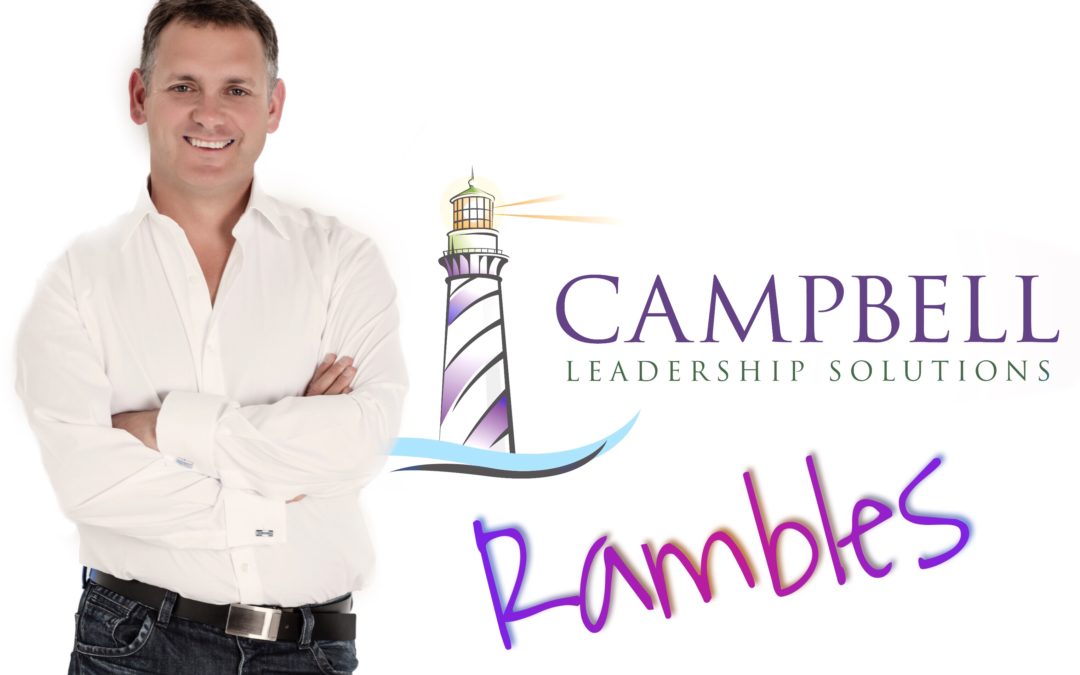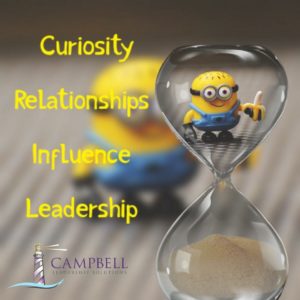I was talking to a client this week about taking the perspective of others.
I’ve written about this before … twice.
At one point he gave me an example that drove it home for me. It was such an obvious example of the importance of taking other’s perspectives that I can’t believe I hadn’t heard it, seen it, or thought of something similar before.
He told me the story of the airline hostess and the passenger.
If you’ve heard or read this one before then bear with me, please.
I don’t know how many flights in a day a member of an airline’s crew does but the way the story was told to me this particular hostess was not on her first. She was tired. She had been dealing with passengers all day, and she was a little irritated.
The customer had rung the attendant call bell and asked for something. Not being completely on her game the hostess had been a little short with the customer.
For the customer, this was her first flight … ever … and she was very excited about it.
Take a moment to put yourself in the shoes of both those people. How would the behaviour of each have impacted on the other?
Imagine the enthusiasm and expectations of the passenger.
Imagine how much the hostess must have been longing for home after a long day at work.
What might you have done in either of their situations?
There are many interpretations of this story and many different scenarios you could apply this type of situation too:
- The experienced lecturer and the eager student.
- The restaurant waiter and the patron who has had a booking for a month for this particular restaurant.
- The tired parent and the excited child.
What examples do you have?
For me, this brought home, again, the importance of taking other people’s perspectives. We deal with people every day, and we have an opportunity to leave a lasting impact on people. This was reinforced as I listened to the Tim Ferriss podcast interview with Adam Robinson this week. They talked about how “Suffering is an excessive focus on ourselves.” When we focus on others, we are the happier for it. And when we take other people’s perspectives we learn, and we develop our ability to deal with complexity by expanding our world view.
We make interpretations of events based on our experiences. Those experiences shape how we judge others. Once we have formed judgements, it then becomes difficult to suspend those beliefs and see things from others perspectives. But it can be done.
I’ve talked before about being curious about people. What does that look like? Ask yourself things about the other person like what jobs they’ve had, what their family circumstances might be like, what’s important to them, what might have just happened that has shaped that behaviour.
What other questions would you ask?
There are a couple of points to note when doing this.
- Firstly, come up with multiple options. Your first answer may or may not be correct. A variety of answers gives you more information with which to form your understanding.
- Secondly, consider options that are radically different to your world view. Allow yourself to be inclusive. Have new ideas.
- Finally, prepare to be wrong.
If you follow the steps above you have will have a hypothesis and a mindset that will allow you to engage with people, learn from and about them, and increase your ability to connect.
Curiosity will lead to connections which can increase our ability to build relationships. If we have a relationship with someone then we can influence them. If we can influence them then we can lead.
And leadership is the key to thriving.
So, that is my ramble done for this week. What do you think? Do you agree, disagree or does your opinion lie somewhere in the middle? I would love to get your feedback and your thoughts.
If you would like to discuss the concepts discussed in this article, or any topics relating to leadership, please feel free to get in contact with us here at Campbell Leadership Solutions. We would like to talk to you about how we may be of assistance.
And finally, thank you for reading and leading.

